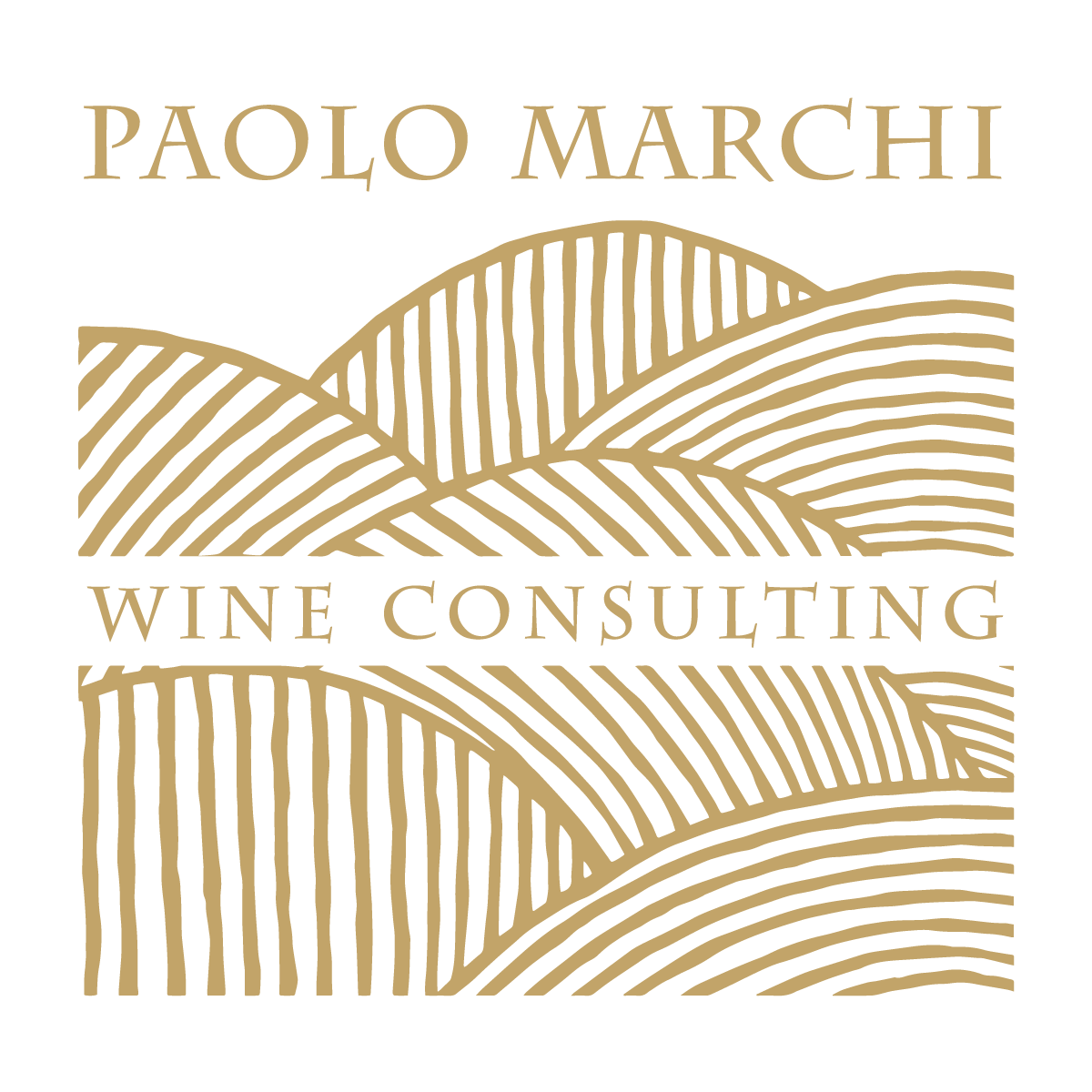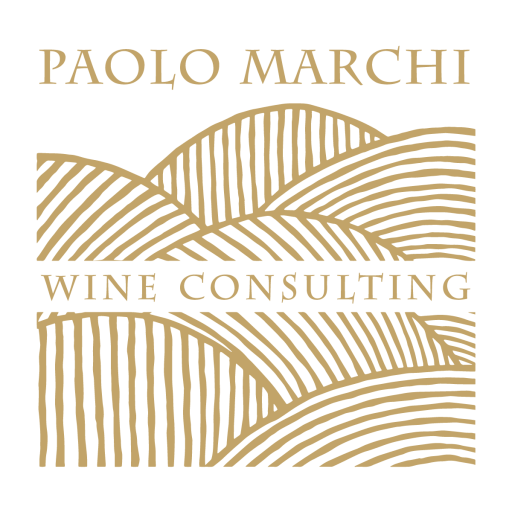The primary purpose of distance consultancy is to reduce the onerous costs involved in consultancy and obtain satisfactory results all the same. A multi-year analysis of the quality outcome of distance consultancy using advanced IT tools can reduce the need for company visits and, in certain cases, eliminate them altogether. Naturally this requires appropriate experience on the part of those on site and a knowledge of IT.
What can be achieved with distance consultancy?
Distance technical consultancy enables producers to adopt the best strategies in vine cultivation in relation to previously established oenological objectives.
By means of ongoing assistance, management errors can be prevented, the best decisions on the basis of weather trends made and vines supported in every phenological phase to achieve optimal ripeness.
Every choice made after the grapes arrive in the cellar can be planned, problems of all types prevented and the characteristics of the grapes enhanced.
Which costs can be eliminated?
This specific form of assistance impacts massively on transfer, motorway toll, fuel and other travel costs and eliminates the lion’s share of technical consultancy costs.
How much is saved?
From a brief calculation, technical consultancy costs can be reduced by from 50 to 70%.
What ‘solutions’ can an enologist offer?
Vineyard assistance starts right from germination with close company-consultant communication, whose purpose is to monitor vegetation development, symptoms of disease and pathology, anti-parasite strategies, climatic trends and environmental conditions.
The relationship between technician and company is finalised with agreed work tables synchronising and updating prevention work, vineyard work, vine development phases and monitoring harmful insects. All this information is combined with the weather data and photographic images acquired.
This communication is then the basis for work, prevention and vine and land management work strategies, all of which are constantly updated, confirmed or modified. For enological assistance, specific wine making protocols can be implemented.
In this phase, tasting the must at the company headquarters is strongly advisable, as prompt decision-making is especially important during fermentation. Subsequently, the post-fermentation and ageing phases can be managed by means of periodic tasting of samples accompanied by analytical tests.
Do you already have experience in this and what have the results been like?
The experience gained with this consultancy system has been very positive. Companies managing to establish an appropriate synergy with their consultants obtain very interesting results. The wines obtained are made from grapes which have reached optimal ripeness and wine-making decisions follow precise quality project decisions. Today, however, excellence is achieved with even a minimal in-company presence above all in the critical phases (e.g. May in the vineyards, grape harvest time in the wine cellar). Fundamental requirements for the success of this strategy remain appropriate experience from those working on site and knowledge of IT systems.

